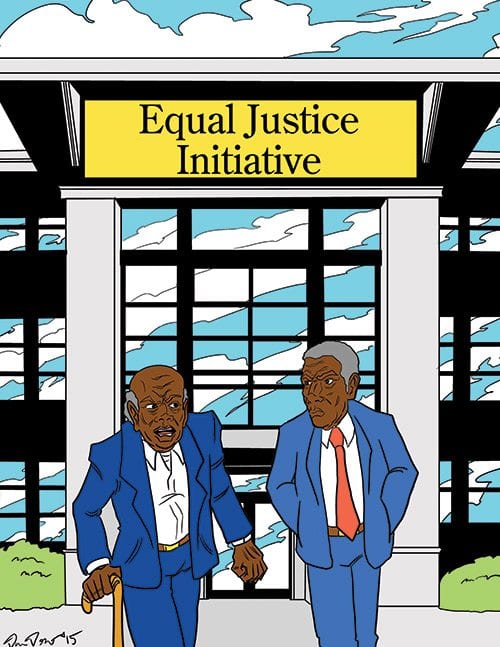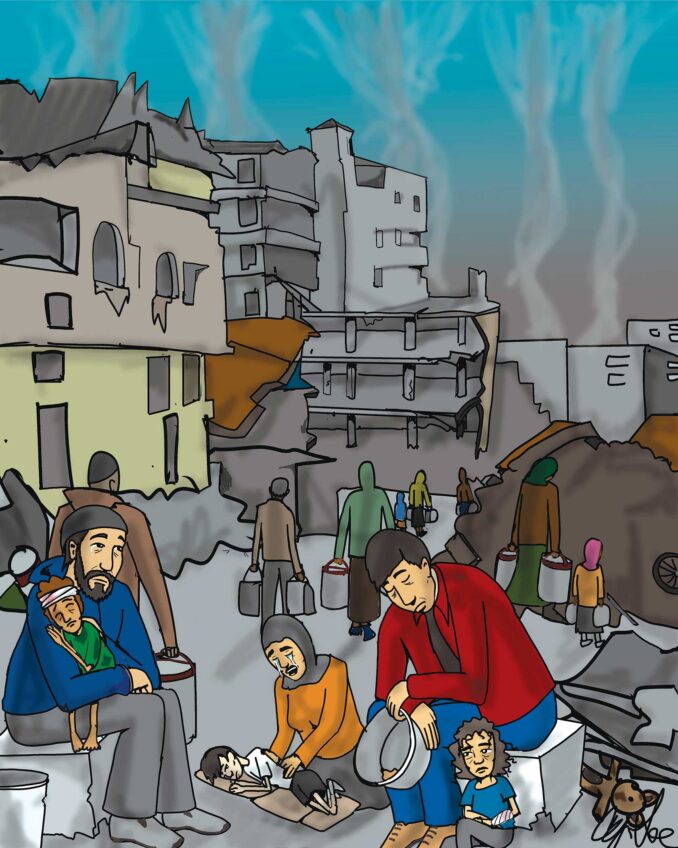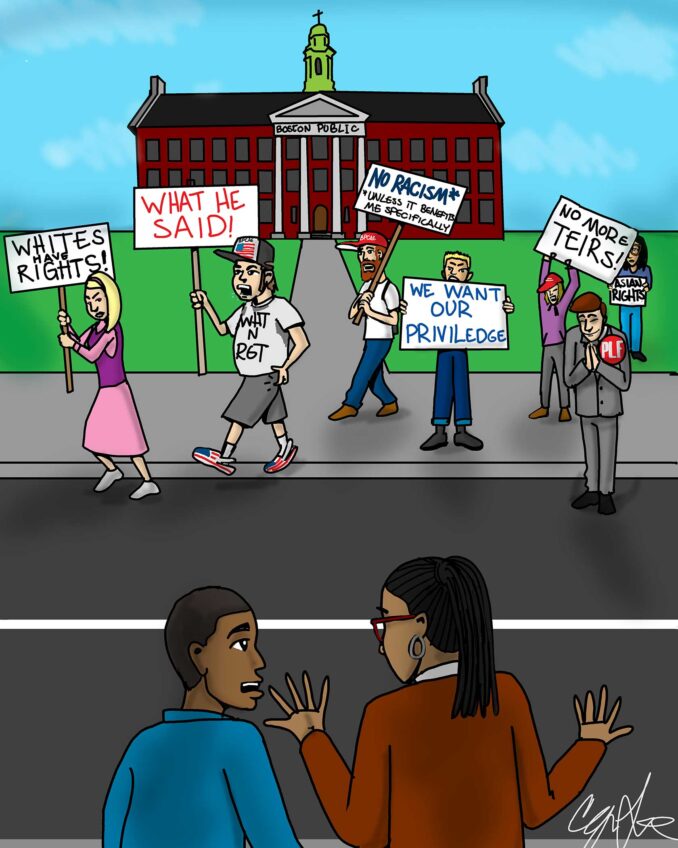
Everyone agrees that history concerns relevant matters of the past. There is some difference of opinion, though, about how far in the past to venture. Paleontologists delve into conditions thousands of years ago in a time referred to as pre-historic, but their work is still considered to be relevant today. Yet some conservatives prefer to ignore as no longer significant the American practice of “terror lynching” that was prevalent less than a century ago. To that end, the Equal Justice Initiative (EJI) recently issued an academically rigorous report on the historical and sociological implications of the odious practice of terror lynching that sustained the national policy of white supremacy.
During Black History Month, it is customary to acknowledge the achievements of African Americans who succeeded despite the adversity of racial discrimination. The EJI report challenges political and social planners to comprehend how “lynching profoundly impacted race relations in America and shaped the geographic, political, social, and economic conditions of African Americans in ways that are still evident today.”
Research by the EJI documents 3959 lynchings of blacks between 1877 and 1950. This is about 700 more than the number found in earlier studies. These lynchings were not acts of frontier justice but “acts of terrorism because these murders were carried out with impunity, sometimes in broad daylight … [and] horrific acts of violence whose perpetrators were never held accountable,” according to the report.
EJI findings also confirmed that “many victims of terror lynchings were murdered without being accused of any crime; they were killed for minor social transgressions or for demanding basic rights and fair treatment. Racial terror was a tool used to enforce Jim Crow laws and racial segregation.”
EJI staff spent four years documenting terror lynching in 12 states: Alabama, Arkansas, Florida, Georgia, Kentucky, Louisiana, Mississippi, North Carolina, South Carolina, Tennessee, Texas and Virginia. According to the EJI report, “terror lynchings fueled the mass migration of millions of black people from the South into urban ghettos in the North and West during the first half of the 20th century.”
Researchers were able to determine the role that terror lynching played in the northern exodus. They found that “parents and spouses sent away loved ones who suddenly found themselves at risk of being lynched for a minor social transgression; they characterized these frantic, desperate escapes as surviving ‘near-lynchings.’”
For decades black refugees from the South were not uncommon in many major Northern cities. Those without families in the area who had in-migrated earlier had the difficulty of becoming established in a strange community. Not surprisingly, some were unable to make the adjustment.
It is unacceptable for whites to reject responsibility for the difficulties created by terror lynching, especially since every effort by liberals to induce federal intervention was rejected. The work and the report of the EJI clearly establishes that the nation tolerated a continual racial abuse that extended from the end of slavery until 1950.
Terror lynching adversely affects many African Americans still living today, so it can be said to be a current event as well as a historic fact.






